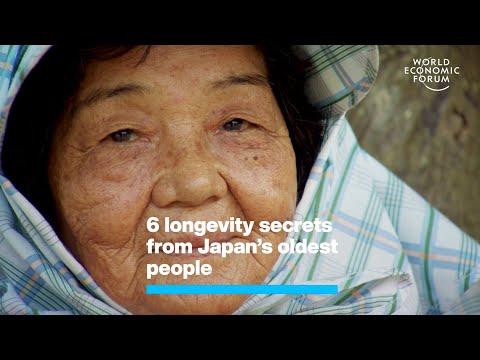Principle three of WEF’s Longevity Principles is interesting:
Prioritize healthy ageing as foundational for the longevity economy. A greater focus on prevention rather than intervention will help improve quality of life in old age.
3.1 The case for action
While the average life expectancy has risen by over 55% from 47 to 73 years across the past seven decades, one-fifth of an individual’s life on average is now expected to be lived with morbidity or in a state of illness. The World Health Organization (WHO) defines health as “a state of complete physical, mental and social well-being, not merely the absence of disease or infirmity”. The WHO notes that current public health approaches to population ageing need to evolve to become more effective, as the health of older people has not kept up with increasing longevity.There is a significant opportunity to positively impact results through the lens of person-centred integrated care, with a much greater focus on prevention rather than intervention. This should be driven by collaboration across the public sector, private companies and civil society in order to create a new framework for action. Reducing the burden of treating preventable conditions will help improve the quality of healthcare that can be provided to all. Impact on the individual: Beyond the health impact, the UN Capital Development Fund estimates that 80% of adults in developing countries were worried about not having sufficient financial means to meet future medical expenses in case of serious illness or accident. Those who experience chronic health conditions, estimated at almost 60% of the US adult population, struggle to accumulate wealth and save for retirement.
https://www3.weforum.org/docs/WEF_Longevity_Economy_Principles_2024.pdf
These places show how to have a longer and healthier life expectancy
https://www.weforum.org/agenda/2024/01/longer-life-expectancy-health/
